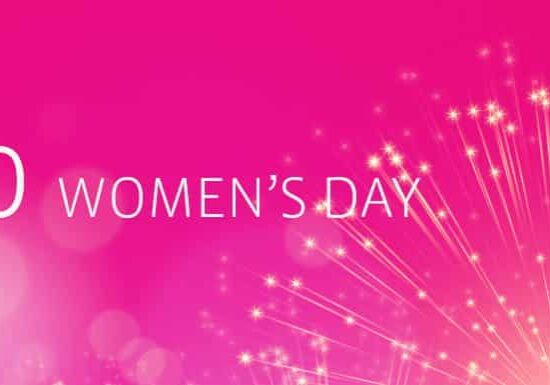Celebrating the 100th Anniversary of International Women’s Day
Updated: October 24, 2024
Published: March 8, 2011

UoPeople would like to celebrate the 100th Anniversary of International Women’s Day by highlighting some of the gains made toward gender-equality in education that have happened globally, and some of the areas where there is still room for improvement.
The first co-educational college in the world, Oberlin College, opened in Ohio in 1833. It wasn’t until another 147 years later, in 1980, that women crossed the 50% threshold to make up 51% of college students—in the USA. Globally today, gender equality in education has made great gains, such as in Brazil, the United Arab Emirates, South Africa, and Russia, where the vast majority of college graduates are women. Educational changes in favor of women have advanced rapidly around the world, but cultural changes are slower in adoption, leaving many women still struggling to gain equal access to higher education. For example, travel restrictions on women continue to play a role in restricting access to higher education for many women. In addition to cultural hindrances, women often juggle childbirth and childrearing as challenging obstacles to higher education.
The advent of the internet’s borderless delivery of learning material has made it possible for women facing travel restrictions or family obligations to gain access to education. Many of the female students at UoPeople are mothers and primary caregivers who need the flexibility of online learning. In addition, it is an unfortunate fact that while both men and women suffer from poverty around the world, a majority in poverty are women. Many of our female students have expressed a sincere appreciation that without the affordable tuition-free model of UoPeople, they would not have been able to pursue higher education.
With all the challenges women are facing to gain higher education, we at University of the People face challenges to reach equal representation of men and women in our own student body. Currently, men vastly outnumber women in our student body and we wish to change this ratio.
Do you have any suggestions on how we can reach more women who desire tuition-free online higher education?
